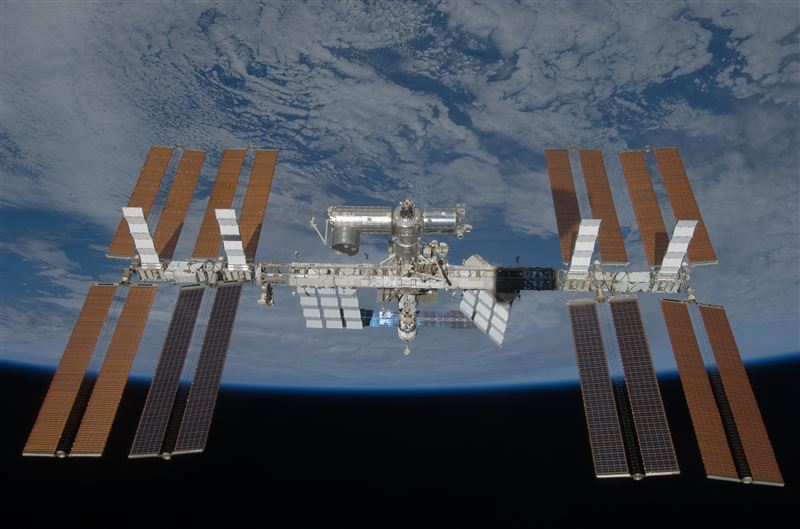
JAXA: Accelerating aging changes due to long-term stay in space: Mouse experiment on ISS
JAXA elucidates:
The research team of JAXA and Tohoku Medical Mega Bank Organization
“Mice that have lost the genes involved in stress protection” are bred on the ISS.
“Long-term stay in space accelerates age-related changes,” he said.
Long-term stay in space:
It has been found that mouse blood metabolites during space stay are associated with human aging.
from now on,
It is applied to overcome health risks while staying in space and to prevent and treat various age-related diseases.
Small animal breeding experiments in space
Preliminary tests on the ground, etc.
Part of the database
Scheduled to be released in 2020.
Japanese ISS: “Kibo”
Use of mice lacking the gene “Nrf2” involved in stress protection.
A total of 12 mice and wild-type mice
I stayed in orbit for about 30 days.
Of course, all 12 were able to return alive.
Space stress:
“Cosmic stress” such as microgravity and cosmic radiation
Gene expression and
Blood metabolites,
Causes age-related changes such as hypertrophy of fat cells.
Mouse after return:
It was revealed that Nrf2 is activated in response to cosmic stress and stops age-related changes.
Furthermore, it was found that “gene expression in each organ and changes in blood metabolites are the same as age-related changes in humans.”
New switch